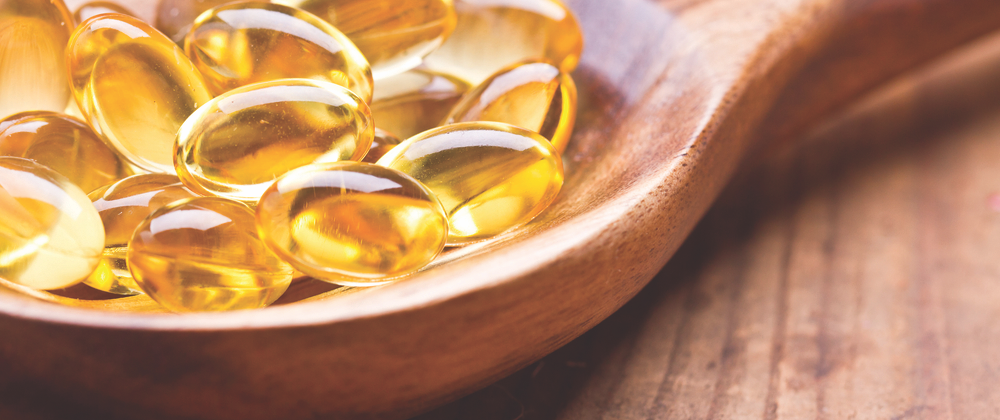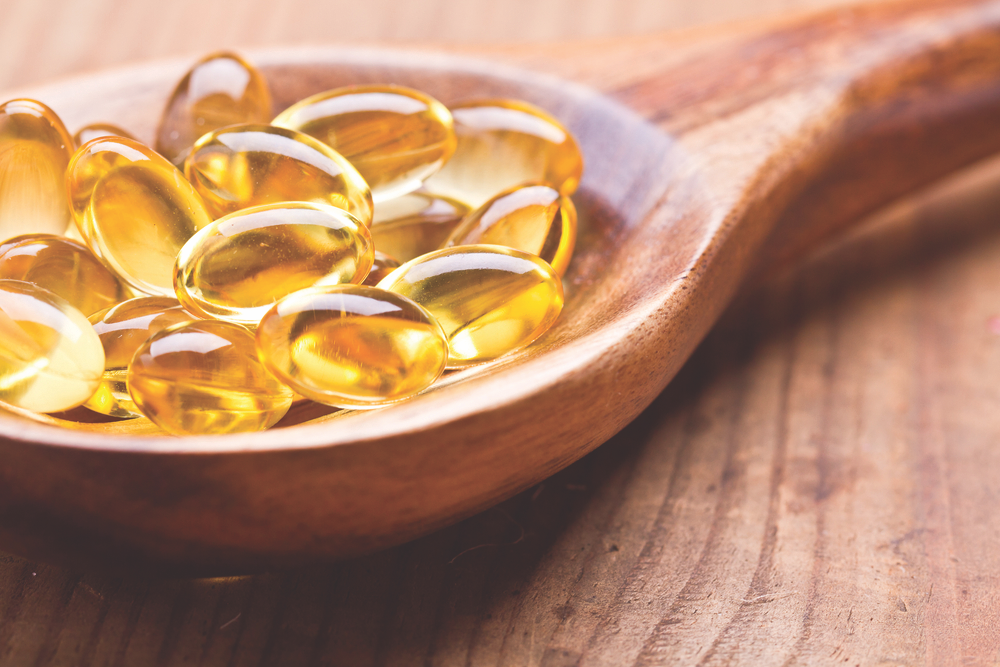
Immune Protection in the Age of Quarantine
By Dan Kenner, Ph.D., L.Ac.

As we spend more time indoors due to enforced quarantine and the forthcoming cold season, we should learn what we can do to protect ourselves from threats to health both indoors and out. When we understand the limited value of masks and social distancing, we should recognize the importance of protecting our health, since preventing exposure to viruses is difficult, if not impossible. This means ensuring that we have an adequate immune response to pathogens.
The immune system is probably the most complex system in the body. Its components range from the mucous membranes of the digestive and respiratory tracts down to the bone marrow, with the lymphatic system, liver, endocrine glands, and more in between. During the flu season, one of the most cost-effective methods of prevention is to take adequate amounts of Vitamin D. We should ask why influenza is seasonal. The governments of northern countries like Canada, Scotland, England, and Germany, where the exposure to sunlight begins to wane in Autumn and the capacity to produce Vitamin D is diminished, recommend that people take a Vitamin-D supplement. Dr. Donald Miller, a cardiac surgeon and Professor of Surgery at the University of Washington Medical Center, recommends avoiding the flu shot and taking Vitamin D instead. According to Dr. Miller, “Seventy percent of doctors do not get a flu shot.”
At the first sign of symptoms, one should consider taking a high dose of Vitamin D short-term, around 50,000 international units for example, for a couple of days. Vitamin D and Vitamin C greatly reduce your chance of infection and they reduce any suffering if you do contract a disease. If you feel you might have been exposed, there is good reason and evidence to believe that increasing Vitamin-C intake can prevent or ameliorate a viral infection. It’s also important to avoid Vitamin C-depleting drugs, like aspirin, acetaminophen (Tylenol), and Nyquil. Using these drugs could worsen your condition even if symptoms are improved. Tobacco smoking also seriously depletes Vitamin C. Deficiencies of zinc, selenium, iron, copper, folic acid, Vitamins A, B6, and E have all been linked to a weakened immune system.
Another important supplement to consider is N-acetylcysteine, often called “NAC.” NAC is an amino acid that plays a key role in detoxification, but it also speeds up healing in respiratory infections, and improves symptoms throughout the body by breaking down mucus. I also recommend to my clients with low immunity or serious disease conditions to use a cultured mushroom supplement called BRM‑4 (also called Biobran, MGN‑3, Lentin) to boost immunity as well as to treat symptoms. It is generally used to protect the immune system from the damage caused by cancer chemotherapy and radiation but is more expensive than most supplements.
One low-cost way to improve immunity is exercise. Research shows that regular, moderate-intensity exercise has real immune-boosting benefits that may help your body fight off infections. Exercise is also a mood-booster by reducing stress, building emotional resilience, and improving sleep. A good night’s sleep can also boost your immune system.
A healthy digestive tract is important to good immunity. A healthy diet is, of course, essential to our overall well-being. The most important lifestyle choice to make with regard to diet and immunity is to avoid refined sugar. Refined sugar consumption suppresses the ability of the immune system to respond to challenges. The effect is only temporary, but people who eat sweets several times a day will have deficient immune function.
Regular meditation and moderate exercise have also been shown to reduce viral infection rates, and reduce the duration and intensity of viral illness. How does this work? There are important white blood cells that are part of the body’s innate immunity called “Natural Killer” cells, NK cells for short. Stress can lower the function of these white cells that destroy microbes and abnormal cells, such as cancer cells, virus-infected cells, or aged cells at the end of their lifespan. NK-cell activity is sensitive to any stressful stimulus regardless of its origin. Conversely, the activity of NK cells can be enhanced by stress-reducing activities as well as certain supplements.
Air purifiers can be useful for people spending a lot of time indoors. Virus-infected people can release the virus into the air in a wide range of particle sizes. Smaller aerosol particles can stay in the air for half an hour or longer. An air purifier can increase the exchange rate of air in a house from two to three hours down to six exchanges per hour – about every ten minutes. If someone who might be infected has been in my house or car, I spray an essential oil blend into the air and on surfaces where there may have been contact.
For air travel or for exposure in crowded, poorly-ventilated places, I also use essential oils. I recommend inhaling an essential oil blend several times an hour. This kills viruses and disinfects the air passages. I use a blend of essential oils of thyme and ravintsara. A small, five ml bottle will easily pass through airport security. There are a number of other essential oils, such as eucalyptus, that are known to have antiviral properties.
Natural medicine is often ignored or disparaged in the mainstream, but this is often where we find the safest and most powerful solutions to health problems. Chinese herbs (some of them medicinal and others known as “tonic” herbs) have had a very high rate of success with coronavirus patients in Chinese hospitals. This approach has even been heartily endorsed by health officials in the Chinese government.
High-dose intravenous Vitamin C, the so-called “Shanghai Cure,” has also been used successfully in some hospitals in New York and elsewhere in the U.S. Coronavirus has been found to have protein spikes that dock themselves on the lung cells. Hospitals in China found that by using proteolytic enzymes (like bromelain, papain, or pancreatin – the former two found in plain pineapple and papaya, respectively) against coronavirus, the spikes can be dissolved and the virus becomes deactivated. This loss of the protein spikes prevents the virus from docking onto the lung tissue. Intravenous ozone is also known to be extremely effective, even for advanced cases of viral infection, and even for serious viral infections like the Ebola virus. It is advisable to find a holistic doctor who has resources like nutritional i.v.s, ozone, or other tools that can be used in the event of a severe medical challenge.
© 2020 Dan Kenner, Ph.D., L.Ac.

Leave a Reply